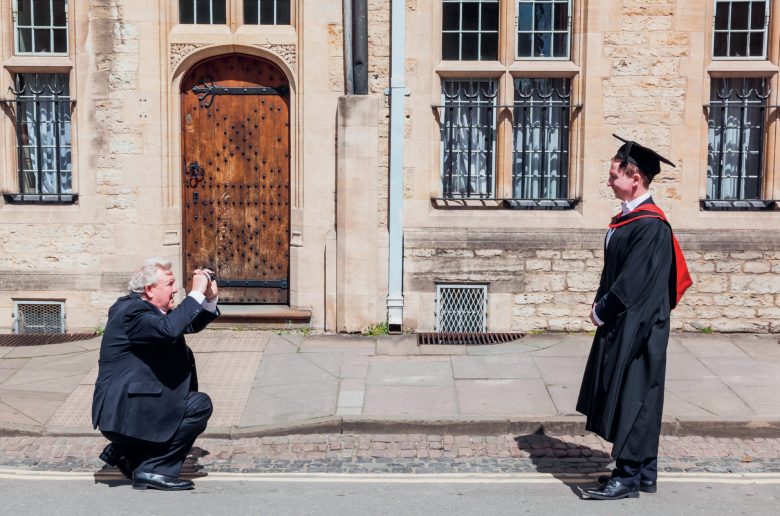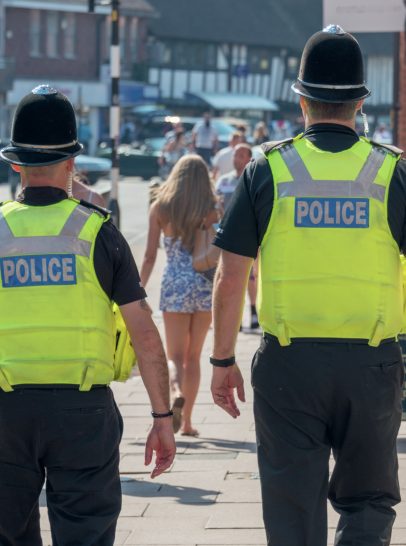Decolonising criminology
Unlike some academic subjects, criminology has been slow to adopt a process of decolonisation. Why does this matter?
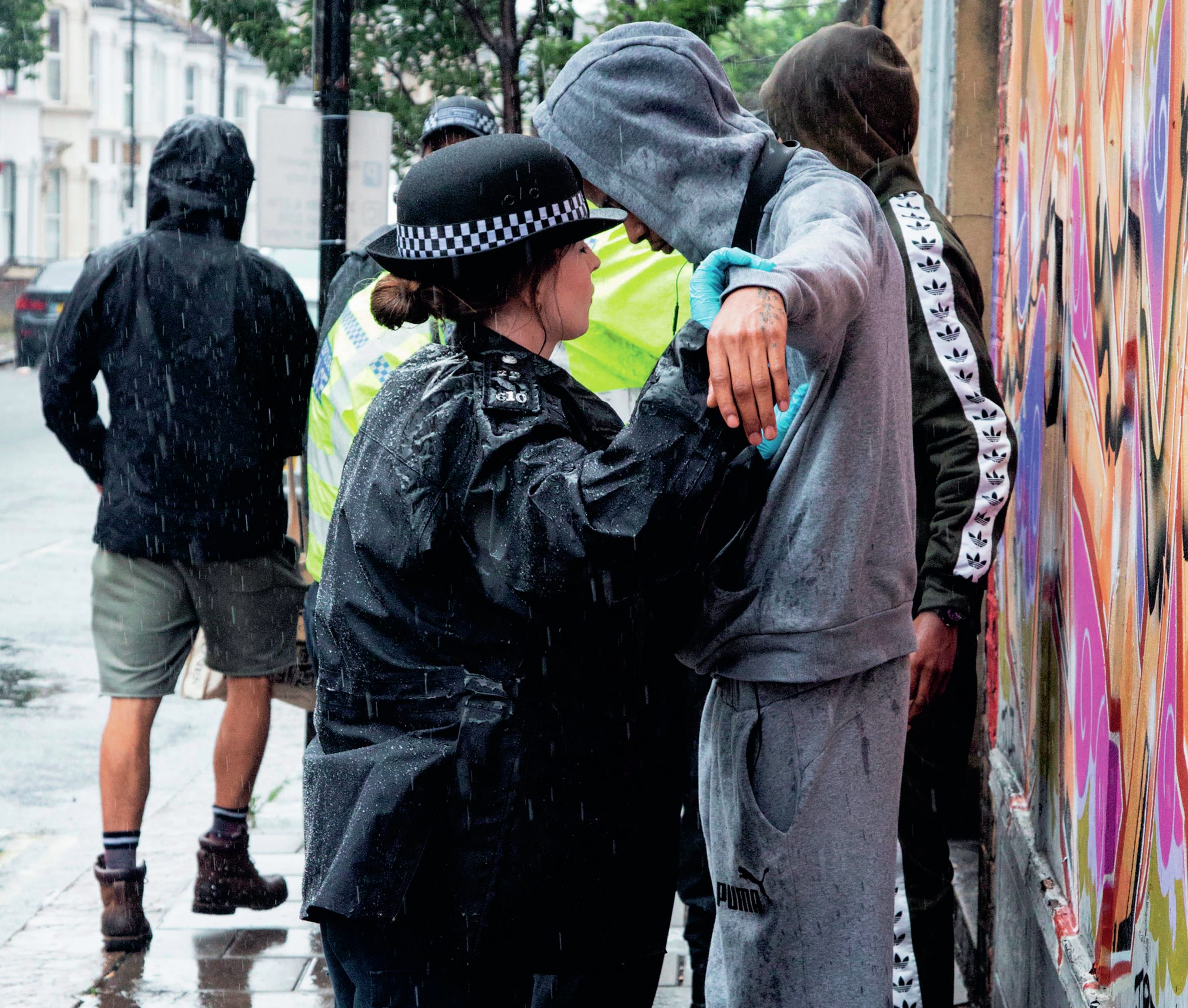
EXAM LINKS
■ Crime and deviance
■ Social inequalities
The term ‘decolonisation’ was originally used to refer to the process of ending colonial rule as former colonies gained independence. Today it is used much mor broadly to refer to the process of ending the influence and ideology of colonialism, for example in assumptions about the superiority of some social groups, nations or ideas and the inferiority of others. However, decolonisation has no single agreed meaning and rather than the process of decolonisation being seen a as a quick fix, it should be regarded as a set of ongoing discussions.
RhodesMustFall: decolonisation and its critics
There has been a renewed interest in the subject of decolonisation since the 2015 and 2016 RhodesMustFall protests in South African universities. These were initially directed against a statue of Cecil Rhodes at the University of Cape Town. Rhodes was a white Briton involved in the colonisation of southern Africa, including South Africa and Zimbabwe (formerly named Rhodesia after him). Critics regard Rhodes as someone who helped pave the way for apartheid by seeking to alter laws on voting and land ownership.
The RhodesMustFall movement is determined to decolonise the space, the curriculum and the institutional memory of Rhodes, and to fight intersectional oppression based on a combination of race, class and gender. In the UK this agenda is being driven by students at Oxford University, who have continued the RhodesMustFall campaign in relation to his statue at Oriel College. However, it has been decided by the university that the statue should remain in place. Elsewhere, a statue of slave trader Edward Colston was torn down in Bristol in 2020 and pushed into the harbour by protestors.
The lack of representation of black students is one key driver for university decolonisation campaigns. However, it is also about how knowledge is produced and disseminated by the ‘Global North’ (richer, colonial countries which are mainly located in the northern hemisphere) at the expense of the ‘Global South’ (poorer, mostly colonised countries located in the southern hemisphere). Knowledge production and transfer should be a shared process rather than the Global North dominating the rest of the world.
Whose knowledge?
Of course, the decolonisation movement also has its critics. As one lecturer recently argued ‘the last thing our universities need are to have “male, pale and stale” voices sidelined’ (Guardian 2019). The phrase ‘male, pale and stale’ is a reference to older white men who are seen to be monopolising dominant positions and ways of thinking in society.
This is not an uncommon complaint held by those who feel threatened by recent challenges to knowledge production and dissemination. However, decolonising universities is not about removing white men or women from the curriculum, or about ignoring their contribution to knowledge. It is about challenging biases that limit how we understand politics and society and opening up dialogue, by drawing from global perspectives and centralising the views of those who have been silenced.
There is a risk here that Western knowledge produced in the Global North is regarded as superior, when each country has different intellectual histories based on different experiences, including the experience of colonialism and its aftermath. Decolonisation tries to ensure that knowledge and understanding produced in the Global South is not marginalised or rendered invisible. Addressing this issue is something which must not only be the responsibility of people of colour and/or those who have a history of colonisation. Instead, it should be embraced by all of us.
Decolonising criminology
Some academic disciplines (for example history) have already been engaging with ideas of decolonisation and the issue of ‘natural’ Western superiority. However, if we consider where British criminology stands, it has hardly touched the surface in terms of sufficiently engaging with issues of race, let alone the wider question of decolonisation.
For example, Agozino (2019) has argued that criminology has served colonialism to a greater extent than other disciplines in the social sciences and humanities, with fields such as anthropology being quicker than others to recognise the links between imperialist thought and academic discipline. One problematic feature of criminology is that it emerged and developed around the same time as colonialism and slavery in the UK.
Western criminology has tended to assume that the state offers the solution to controlling and preventing violence. However, the experience of many countries in the Global South is that the state is often responsible for a great deal of violence and, in some countries, there might be links between the state and organised crime (Carrington, Hogg and Sozzo 2016). See Box 1.
Born criminal
The demonisation of certain groups by positioning them as more criminogenic than others has a long history. It is linked, for example, to Lombroso’s nineteenth century claim that there were born criminals who could be identified through their physical appearance. Some of the features he saw as more typical of criminals can be linked to racial differences.
Decolonisation tries to ensure that knowledge and understanding produced in the Global South is not marginalised or rendered invisible
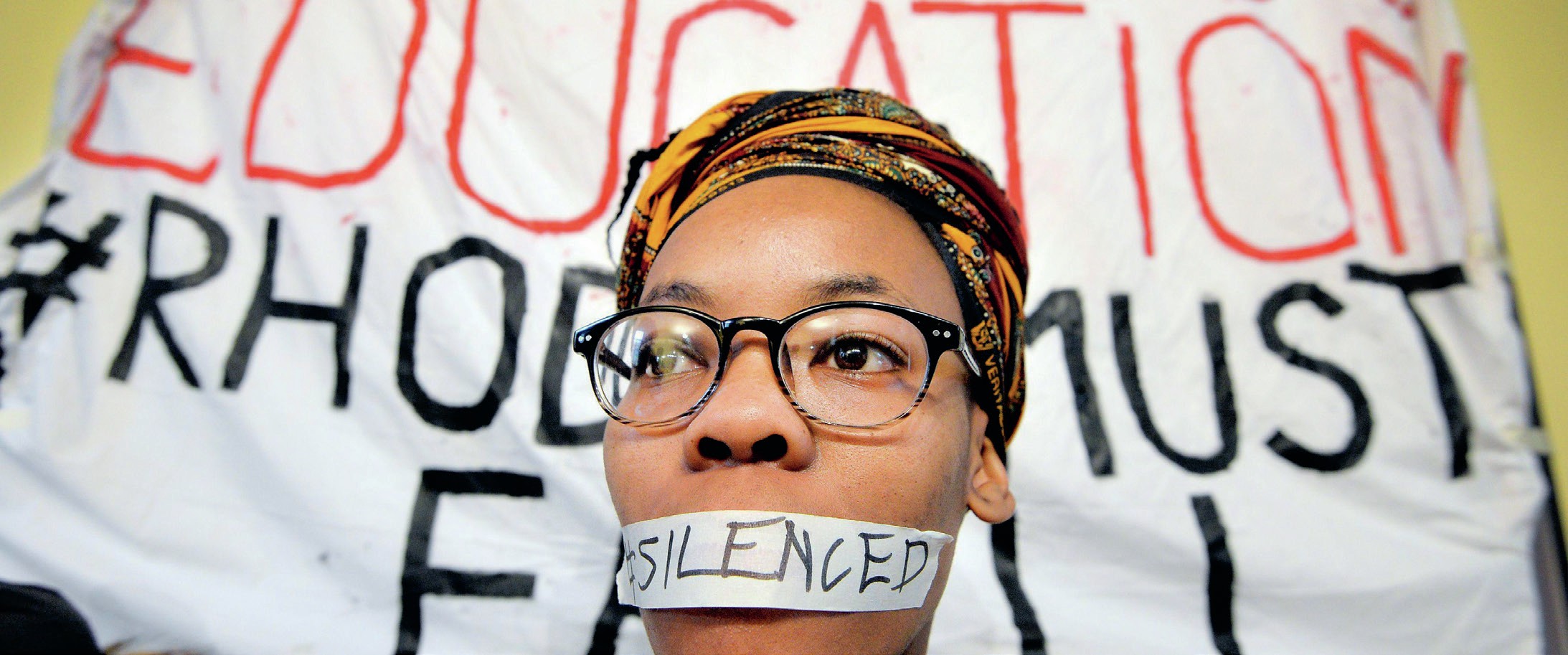
Indigenous criminology
In opposition to such approaches, Cunneen (2011) highlights the importance of global perspectives to aid our understanding of crime. He has emphasised the usefulness of indigenous criminology — that is, criminology produced by the indigenous people of colonised nations, because it recognises the impact of the legacy of imperial thought and practices on their experiences of crime and criminal justice.
These approaches suggest that the legacies of colonialism are not yet resolved, but instead continue to influence the ways in which different communities, and particularly those who commit crime, are viewed.
Race and criminal justice
Legacies of colonialism can be evidenced in the way that particular groups — especially black men — are treated in the UK criminal justice system. One only has to look at the disproportionate rate at which they are imprisoned compared to their white counterparts, with figures clearly indicating that if you are black, you are more likely to be stopped and searched and also incarcerated.
Inequalities persist within the criminal justice system after the point of arrest in terms of unexplained deaths in custody and the over-representation of people of colour who are victims in these cases. Western ideals and policies about law and order have been adopted in most former colonies and they dominate globally, even though it is clear that they do not work. Reoffending rates and prison populations are unusually high in the UK, for example.
The legacies of colonialism can also be felt in the ways in which ‘offenders’ are often deemed to be pathologically criminal, i.e. they are deemed to be ‘the problem’ rather than considering the impact of structural inequalities and racism in creating a criminogenic society. Yet it is generally understood and accepted that the motivations or reasons for committing crime will be a combination of nature and nurture, and the idea that some people are simply ‘born criminal’ is generally dismissed.
Box 1 The British empire and slavery
By the end of the eighteenth-century Britain had built a large empire, part of which involved participation in the Transatlantic slave trade which had begun in the previous century. Many of those who were enslaved were taken from African colonies, sold off by Western-Europeans, and taken to the Americas.
The crossing of the Atlantic Ocean, known as the Middle Passage, housed enslaved people in appalling and cramped conditions so there was a high spread of disease. Every part of the slave ship was tightly packed and those commandeered as slaves were shackled and had little room of move. Consequently, it is estimated that between 1.5 and 2 million enslaved people died during these forced journeys. Scientific, or biological, racism was seen as being a key driver of the justification for treating human beings in this fashion, a perspective which claimed that white people were superior to black people.
The British empire developed in the same period that criminology as a discipline was beginning to take shape. This classification of different races based on superiority is something which has been heavily criticised since the twentieth century, but racialised ideas of the ‘criminal other’ continue to permeate the public imagination and some practices within the criminal justice system.
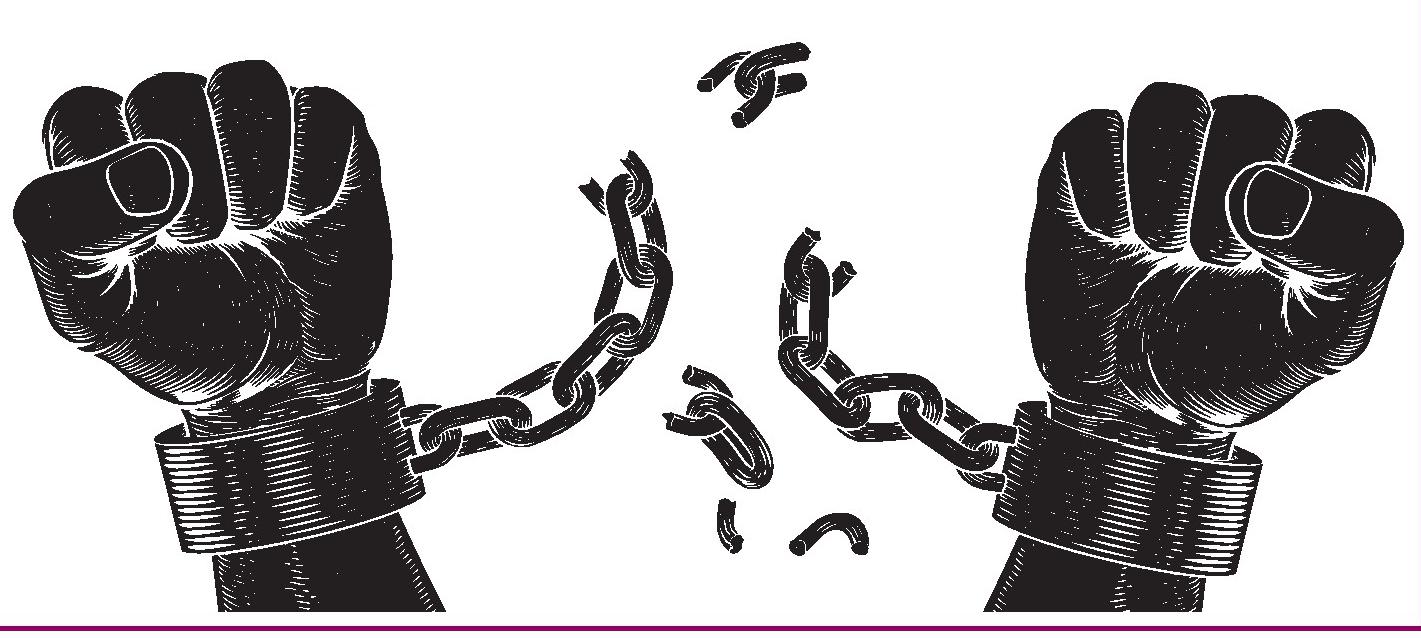
British criminology and the gang agenda
For British criminology, decolonisation is very much still in its infancy given the discipline’s history of underplaying matters of race and intersectionality. The relationship between class, gender and race remains woefully under-explored here. This is despite debates about the disproportionality of certain groups at every stage of the criminal justice process, and about the policing of young black men.
Choak (2020) has argued that the gang agenda is a colonial project. The UK government has been concerned about the issue of gangs for some time, and the gang agenda has grown from these concerns, in terms of the policy directives, funding and media interest which has been directed at the issue. Young black men have become the centre of state attention, resulting in their becoming demonised as gang members, particularly in parts of London.
This stereotyping is nothing new — the relationship between some young black men and the police in Britain has always been problematic. In the 1970s the notion of the ‘black mugger’ became established, despite the lack of evidence on racialised crime of this kind. These ideas and fears informed resistance to immigrants and immigration from the Caribbean. The ‘black crime’ issue was sensationalised and a ‘war’ was declared on black muggers.
Into the 1980s, young black men became synonymous in British media coverage as a ‘riot mob’, with negative press coverage continuing to gain momentum and to position certain groups as ‘Other’. This cemented the view that certain racialised communities in Britain had a greater propensity for crime, underplaying matters around education, unemployment and other social inequalities. Moving forward to the 2000s and troubled young black men are now routinely represented as ‘gangstas’. Such stereotyping discourses should have more attention within the discipline of British criminology.
Black women in British criminology
British criminology has also struggled with the experiences of black women due to the lack of knowledge that is available about their experience of racism and sexism within the criminal justice system (Choak 2020). While a key focus of decolonisation is on the ‘othering’ and invisibility of people due to their race heritage, gender is also important here because the voices of black women have been especially silent within the discipline.
Black women are represented disproportionally in UK prisons in the same way as their male counterparts, but research on gender and crime tends to focus on white women, and criminology itself tends to focus mainly on men. The importance of the marginalised lives of black women in criminal justice terms also needs to be prioritised in an era of decolonisation.
It can be argued that the gang agenda is a colonial project
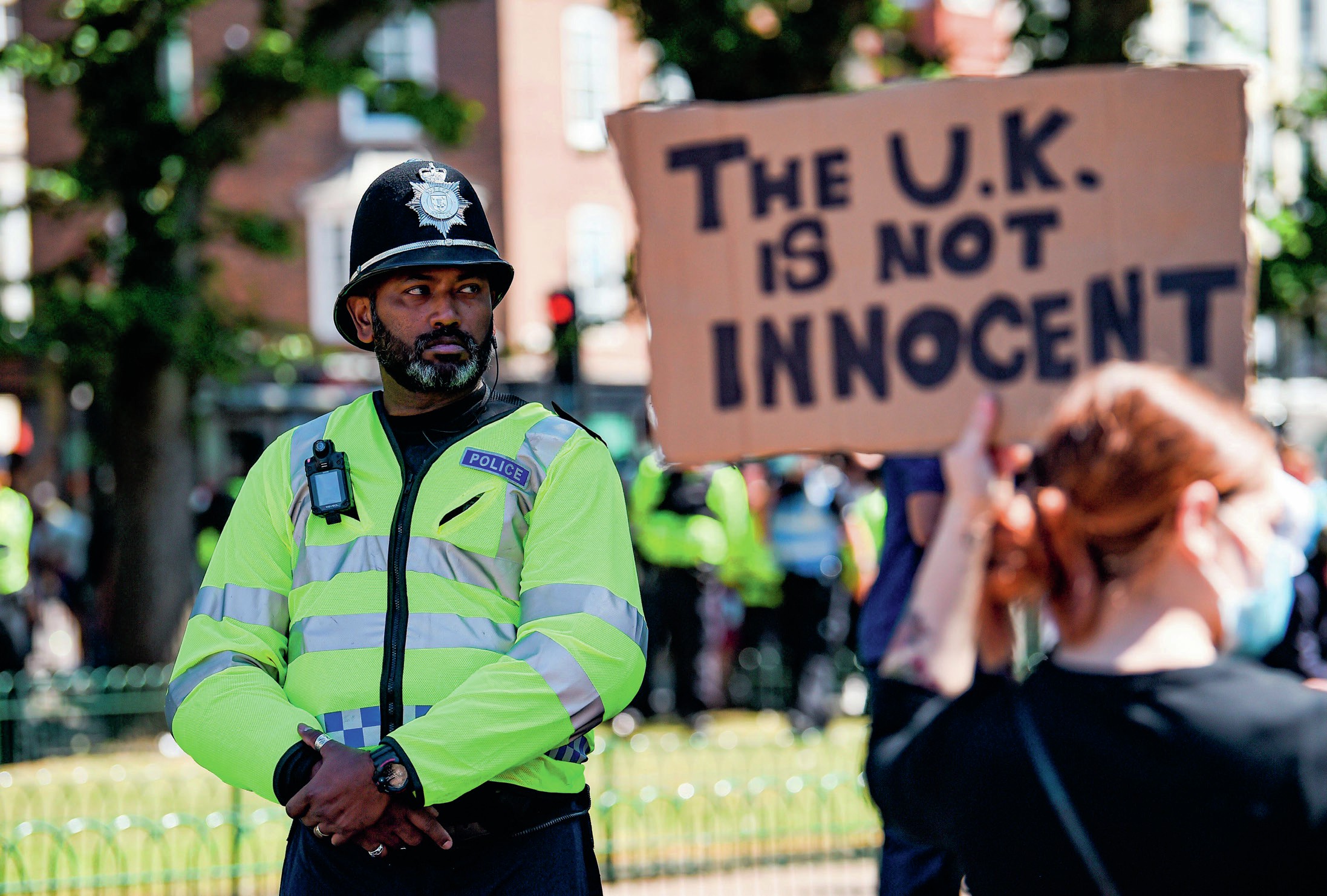
Black women are represented disproportionally in UK prisons
Conclusion
As a student you might be wondering how you can ensure that your own writing demonstrates a global rather than a Western perspective. This doesn’t mean that you have to ignore writers from the West, but it is important to be aware that the range of work that you are reading and citing might be narrow.
For example, you may find yourself taking a degree where white authors are prioritised. Raise this issue and find out why. You might try and write essays which include as many diverse voices of women and people of colour as possible. You could usefully consider doing your own reading outside recommended texts to make this possible. Ultimately, it’s about paying attention to whose voices are dominating and whose are being sidelined.
RESOURCES
Agozino, B. (2019) ‘Humanifesto of the decolonisation of criminology and justice’, Decolonisation of Criminology and Justice, Vol. 1, No.1, pp. 5–28.
Carrington, K., Hogg, R. and Sozzo, M. (2016) ‘Southern criminology’, The British Journal of Criminology, Vol. 56, No. 1, pp. 1–20.
Choak, C. (2020) British criminological amnesia: making the case for a black and postcolonial feminist criminology’, Decolonisation of Criminology and Justice, Vol. 2, No. 1, pp. 37–58.
Cunneen, C. (2011) ‘Postcolonial perspectives for criminology’, in M. Bosworth and C. Hoyle, (eds.) What is Criminology?, Oxford Scholarship Online, pp. 249–66.
Muldoon, J. (20 March 2019) ‘Academics: it’s time to get behind decolonising the curriculum’, Guardian. Available at: www.tinyurl.com/ssaj7wdm.
KEY POINTS
■ Some academic disciplines have been engaging with ideas of decolonisation — challenging the notion of ‘natural’ Western superiority. However, criminology has barely scratched the surface.
■ Cunneen highlights the importance of global perspectives in an understanding of crime, emphasising the importance of ‘indigenous criminology’.
■ The legacies of colonialism can be found in the British criminal justice system, with some ethnic groups assumed to be more criminogenic than others, and consequently treated more harshly.


